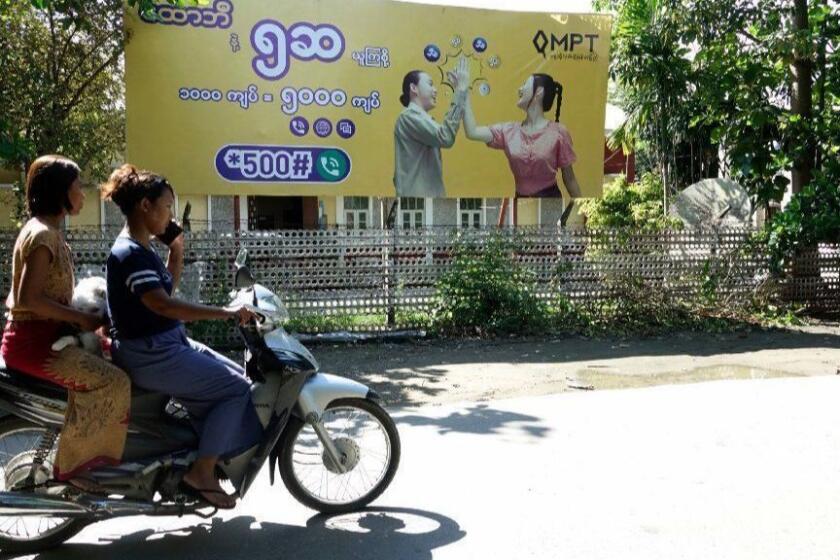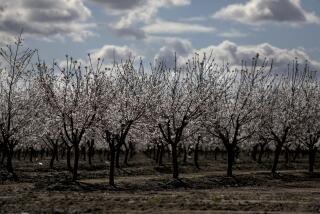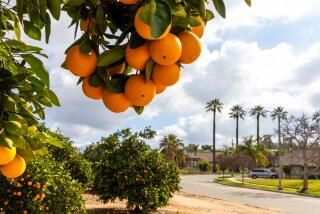Apples rot in Kashmir’s orchards amid blockade by India
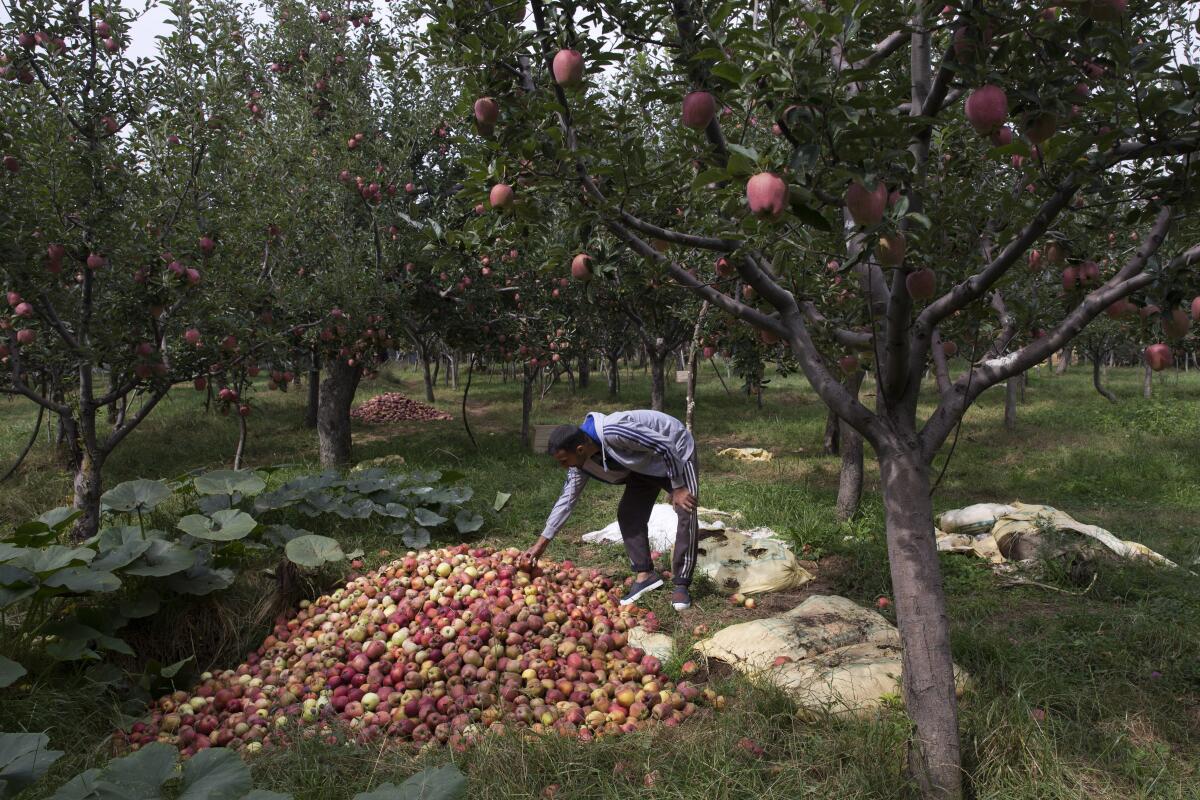
At this time of year, the fruit and vegetable wholesale markets of Kashmir are usually packed with people and overflowing with crisp red apples, the prize harvest of this rugged agricultural region.
But the markets, or mandis, stand deserted. A nearly three-month crackdown by Indian authorities has brought Kashmir’s economy to a standstill and taken a giant bite out of the lucrative apple harvest.
Orchards are filled with fallen and rotting fruit and half the harvest is feared destroyed since India imposed an unprecedented blockade in Kashmir in August — halting phone and internet communications, jailing political leaders and toughening its security presence in the disputed territory.
Hundreds of thousands of migrant laborers have fled the area, leaving crops to wither. Truck drivers have been reluctant to ply the rolling highways, fearing attacks by anti-Indian militants who have demanded an economic shutdown.
The collapse of the apple market followed India’s decision to strip its only Muslim-majority state of the special administrative status that has granted Kashmir partial autonomy since the 1940s. India’s Hindu nationalist government, led by wildly popular Prime Minister Narendra Modi, said the move would bring peace and boost economic development in a region that is also claimed by rival Pakistan and torn by a violent separatist insurgency.
But so far, the economic impact has been catastrophic.
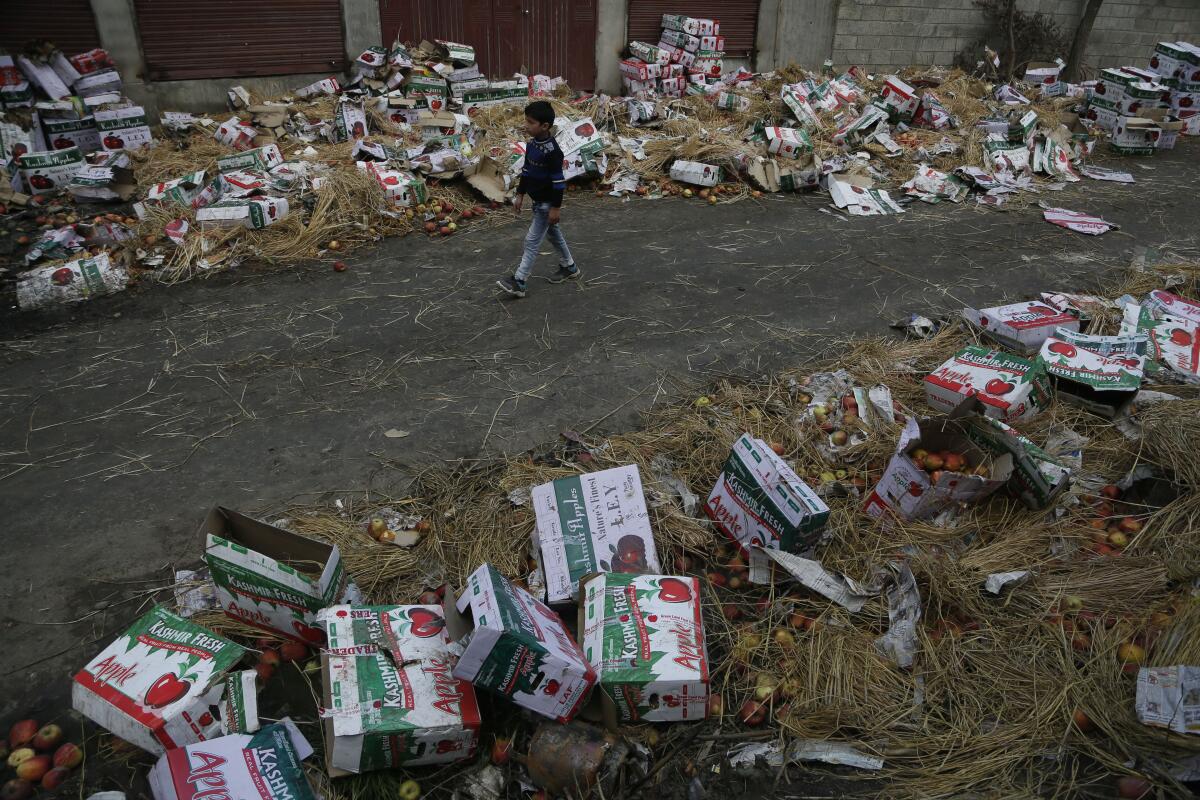
On Thursday, police said that gunmen fired on three trucks carrying apple crates in the southern Kashmiri region of Shopian, a center of militant unrest. A driver and another worker were fatally injured, bringing to four the number of apple industry workers killed since September as suspected separatists try to bully traders and drivers to cease working to protest India’s crackdown.
With no one to pick them, “when apples are ripe, they start falling,” said Peer Muhammad Ashraf, whose family owns about two acres of orchards in Arihal, a village below the Himalayan foothills of southern Kashmir. “Almost 50% of our crop has fallen and has been destroyed.”
Ashraf, who’s in his 30s, is not a farmer — he recently completed a doctorate in English in India’s northern state of Uttar Pradesh and returned to Kashmir days before the lockdown to get married. Without laborers, he and his family members had to begin picking apples themselves.
Unaccustomed to the work, he had twisted his ankle while plucking and was laid up for a few days.
“Not only the business community has been affected but … common farmers, what will they eat?” he said. “They are entirely dependent on this harvest. This will not only affect us this year but its effects will be seen in the coming years.”
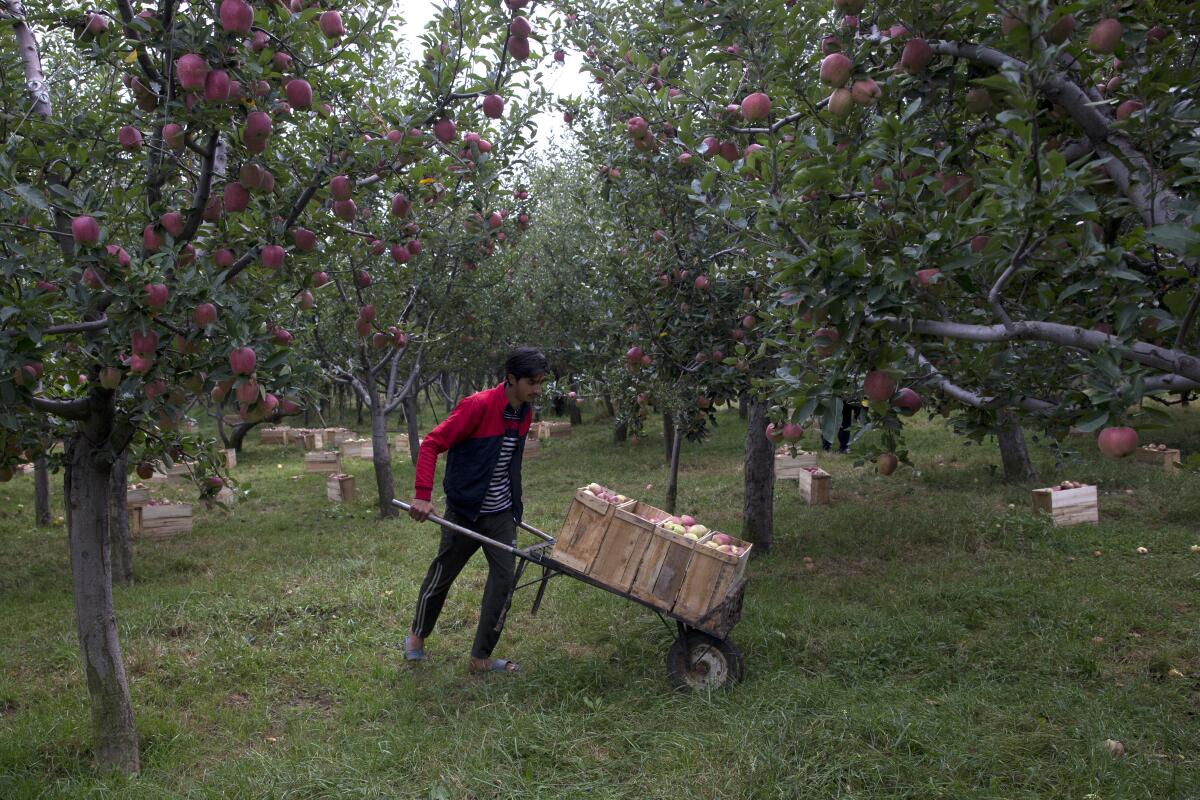
Analysts estimate that the apple industry provides livelihoods for 3.5 million of the region’s 8 million people and contributes $1.5 billion to India’s economy. Kashmir produced more than 2 million tons of apples last year, 70% of India’s entire total.
The Indian government has promised to buy up all of Kashmir’s apple crop to aid farmers. Sanjeev Kumar Chadha, managing director of India’s National Agricultural Cooperative Marketing Federation, told the India Today network that it was “a golden opportunity” and that farmers would make 30% more than in past years because the government sales would cut out middlemen.
More than 40,000 boxes were reportedly purchased this month but many farmers say they still expect to sustain major losses because so much of the harvest has been lost. Some growers say they won’t sell to the government in protest of its policies.
One grower in Shopian who asked not to be identified, fearing reprisals by militants, said he managed to hire some laborers but they were unable to go out into the orchards to pick apples because of threats of violence.
Making matters worse is the statewide ban on cellphone service that was only partially lifted this month.
“The clampdown with no communication for over two months and now the fear of militants have made it impossible for us to do harvesting,” the grower said. “It’s a desperate situation.”
For civilians in Myanmar’s Rakhine state — who have survived army-led massacres, violence by ethnic militias, restrictions on humanitarian aid and the forced displacement of hundreds of thousands of neighbors — life just got more difficult.
The Modi government insists that life in Kashmir has returned to normal, but critics slam such statements as disingenuous.
Days after scrapping Article 370 — the constitutional provision that granted limited autonomy to the state of Jammu and Kashmir — and refashioning the state into a territory ruled directly by New Delhi, the Indian government announced it would invite domestic and foreign entrepreneurs to the state in October “to showcase Jammu and Kashmir as a favorable investment destination.”
Government officials ignored requests by The Times and other news organizations to cover the event — foreign reporters have been effectively barred from Kashmir since August — and two weeks later called off the summit indefinitely.
Tourism, another pillar of the state’s economy, also ground to a halt after India asked visitors to leave in August. The government lifted the restrictions this month, but not before hundreds of tourism sector workers — from hotel employees to houseboat operators on the famed, crystalline Dal Lake — left their jobs or took drastic pay cuts.
“The losses we have incurred in the last two months, who will compensate us?” said Wali Muhammad Bhat, president of a Dal Lake houseboat association.
The deployment of thousands more troops — in what is already one of the most heavily militarized zones in the world — and the detention of Kashmir’s top political leaders have also soured even moderate Kashmiris on New Delhi’s intentions, said Maya Mirchandani, a senior fellow at the Observer Research Foundation, a New Delhi think tank.
“We’re now into the third month and your political leadership is still in detention — someone tell me why,” said Mirchandani, who visited the state last month. “How do you want to economically empower these people when you don’t have interlocutors to explain what your intentions are?
“The Kashmiri public doesn’t trust the Indian state now — that’s the reality.”
Special correspondent Khan reported from Kashmir and Times staff writer Bengali from Singapore.
More to Read
Start your day right
Sign up for Essential California for news, features and recommendations from the L.A. Times and beyond in your inbox six days a week.
You may occasionally receive promotional content from the Los Angeles Times.
